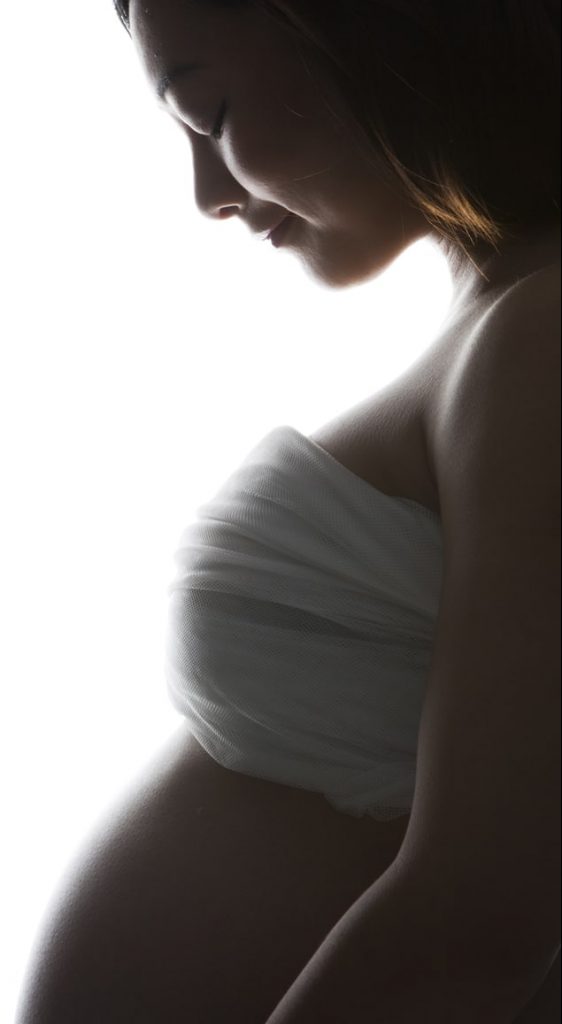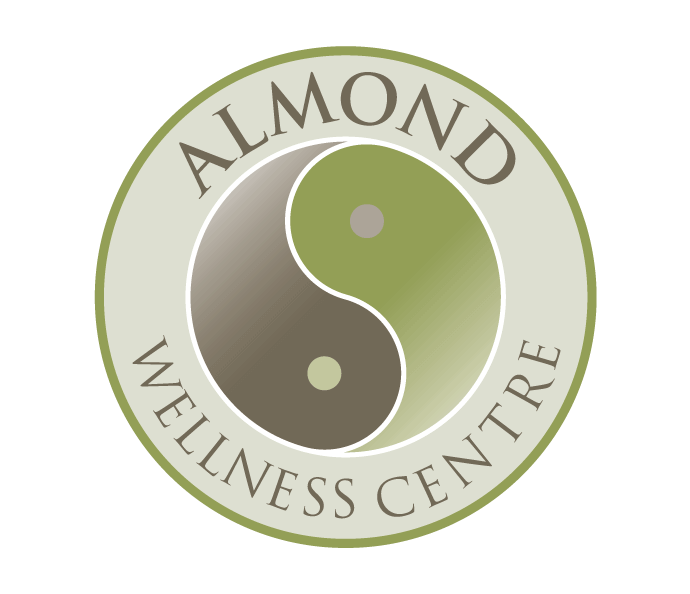
Quick Navigation
The Best Time to Conceive: It’s Not What You Think
You might have heard that the day of ovulation is the golden window for conception. But here’s the surprising truth: the highest chance of conception actually happens 1-2 days before ovulation. Here’s the breakdown:
- 1-2 days before ovulation: 30-35% chance of conception (the best odds!).
- On the day of ovulation: Slightly lower, around 25%.
- 3-5 days before ovulation: Successively lower chances (15%, 9%, and 3%).
- 1 day after ovulation: Unfortunately, the chance drops to 0%.
Why? It all comes down to the lifespan of sperm and eggs. While an egg only survives for about 24 hours after it’s released, sperm can hang out in the female reproductive system for 48-72 hours (or even longer!). So, having sex a day or two before ovulation gives the sperm time to “wait” for the egg, increasing the odds of a successful meet-up.
How to Track Your Ovulation
Knowing when you’re ovulating is key to timing things right. Here are some ways to track your ovulation:
- Basal Body Temperature (BBT): Your body temperature rises slightly after ovulation. Tracking BBT correctly can help you spot patterns.
- Cervical Mucus Changes: Around ovulation, your cervical mucus becomes clear, stretchy, and egg-white-like. Here is how to check cervical mucus changes.
- Ovulation Predictor Kits (OPKs): These kits detect a surge in luteinizing hormone (LH), which happens 24-36 hours before ovulation.
Keep in mind, these methods give you an estimate of your ovulation window, not an exact science. But they’re a great starting point!
Why Timing Isn’t Everything
While timing is important, it’s not the only factor that affects your chances of getting pregnant. Other things to consider include:
- Sperm Quality: Healthy, motile sperm are essential for conception.
- Overall Health: Stress, diet, and lifestyle can all impact fertility.
- Age: Fertility naturally declines with age, especially after 35.
- Underlying health conditions
- Lifestyle factors like stress and diet
The good news? Regular sexual activity throughout your cycle (not just around ovulation) can help increase your chances. Plus, it takes the pressure off trying to “hit the perfect day.”
When to Take a Pregnancy Test
If you think conception might have happened, you’re probably eager to take a pregnancy test. Here’s what you need to know:
- After fertilisation, the fertilized egg starts producing hCG (human chorionic gonadotropin), the hormone detected by pregnancy tests.
- You can take a test as early as 8 days after intercourse, but for the most accurate results, wait until 3 weeks after.
Pro Tip: Always follow the instructions on your pregnancy test kit. Using it correctly (and not too early!) will help avoid false results.
How Acupuncture and Chinese Medicine Can Help
If you’re trying to conceive, Traditional Chinese Medicine (TCM) and acupuncture can be powerful allies. Here’s how:
- Balances Hormones: Acupuncture helps regulate your menstrual cycle and improve ovulation timing.
- Improves Blood Flow: Better circulation to the uterus and ovaries supports a healthy reproductive system.
- Reduces Stress: Stress can mess with your hormones, and acupuncture’s calming effects can help you feel more relaxed and balanced.
At Almond Wellness Centre in Coburg and Ringwood, Melbourne, we provide professional natural support for fertility. Our fully qualified practitioners will:
- Assess your unique needs and health history.
- Create a personalised treatment plan to optimise your fertility.
- Support you every step of the way on your journey to parenthood.
Ready to Boost Your Fertility?
If you’re trying to conceive and want to explore natural ways to improve your chances, we’re here to help. Contact Almond Wellness Centre today to book a consultation and take the first step toward growing your family.
References
- American Pregnancy Association. Understanding Ovulation.
- Mayo Clinic. How to Track Your Ovulation.
- Cochrane Review. Acupuncture for Fertility Support.
